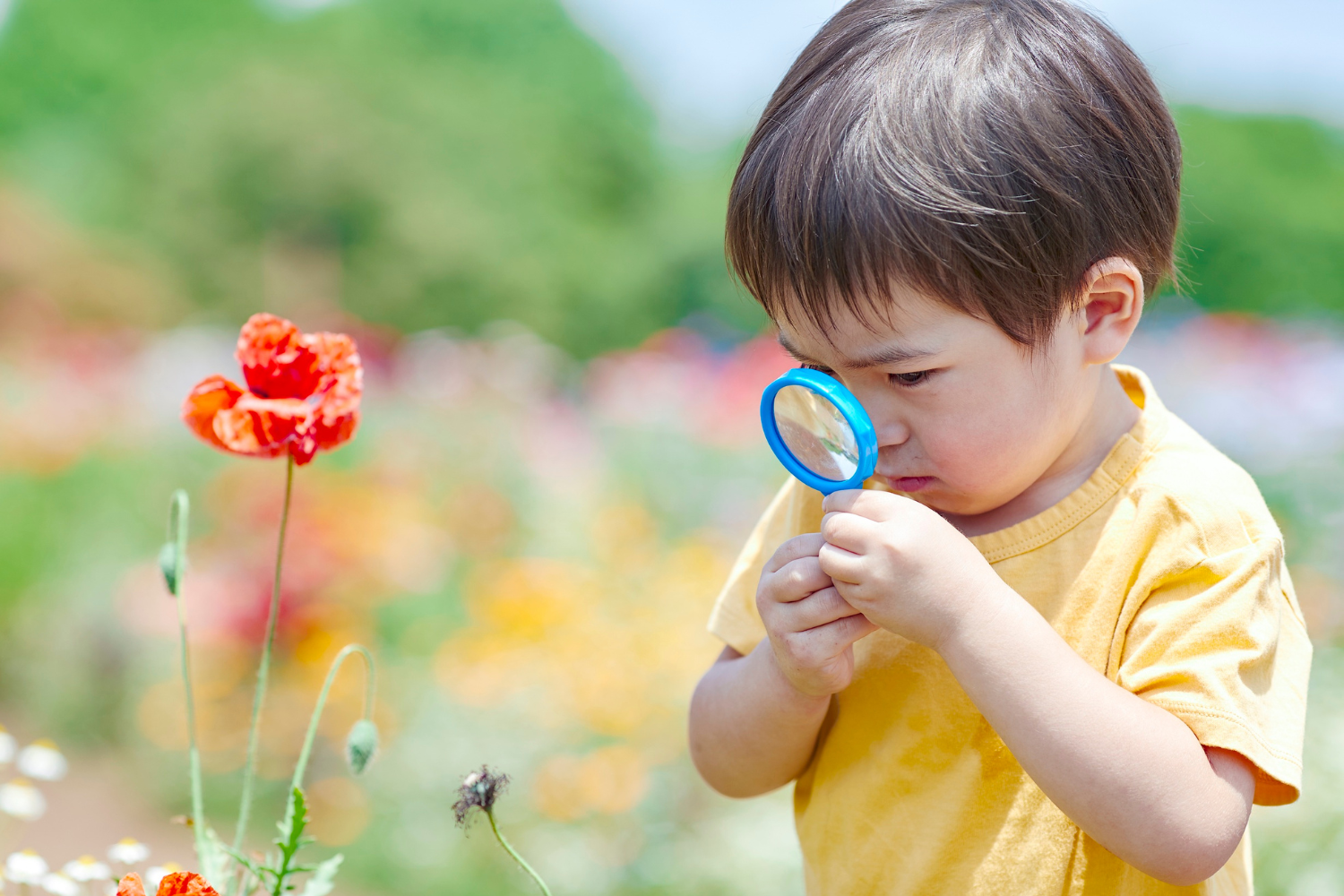3 Steps to Raising Grateful Kids
/Is there anything more frustrating than an ungrateful child?
We fault the child, but the fault is with us. We overindulge and coddle our children. There's one more thing : we complain too much!
“We can complain because rose bushes have thorns, or rejoice because thorns have roses.”
It's not easy raising kids in the West without extended family support. Many of us are working overtime and giving us cause for complaint.
But complaining in front of our children is a terrible example to set for them.
If you don’t want to deal with ungrateful kids, you may need to first get a handle on whatever it is that makes you want to complain. At the very least, try not to be verbal about it in front of your kids.
But if complaining is a habit for you, then you have to work on nipping it.
“Do not spoil what you have by desiring what you have not; remember that what you now have was once among the things you only hoped for.”
Assuming you’re not complaining in front of your kids, here's three things you can do to help your children develop a grateful outlook on life:
Zero Tolerance for Complaining
Do not allow your kids to get into the habit of complaining. If you have a child who is prone to complaining, you want to get on top of this habit and help him correct it. Complaining is a bad habit that molds our state of mind. If you aim to raise a content child, you have to help him break this negative mindset.
No, No, and No
Say no to your children's wants. It's common to see children throwing tantrums in stores because the parent says no to something they want. Kids throw tantrums because they are used to getting what they want and because the parent has no control over them.
Don't be this parent.
The general rule of thumb, according to John Rosemond, is to say no to 75 % of your children's wants and oblige them 25% of the time.
Get your children into the habit of hearing "no". It's a matter of supply and demand. The greater supply of your “no’s”, the more valuable your yes’s will become. If you want to raise grateful kids, you have to learn to say “no” a lot and mean it.
Gratitude Ritual
Start an evening gratitude ritual. Before you read bedtime stories to your children, sit quietly in a circle and let each child take a turn expressing three things that he was grateful for that day.
You'll be amazed at the things your kids will say.
Warning: their list will not be replete with deep and meaningful expressions of gratitude.
They are kids!
Expect them to be thankful for little things, such as they got to ride their bike or visit a friend. Maybe they'll say they're grateful for you!
“Let us be grateful to the people who make us happy; they are the charming gardeners who make our souls blossom.”
What they are grateful for isn't important; it's the act of reflecting on the blessings and stating them out loud that matters. You are helping your children to develop an attitude of gratitude.
It’s a good habit to acquire, too; one of focusing on the roses instead of the thorns.
And that makes all the difference.
☞ Disclaimer: This is not a politically-correct blog.
Don’t miss our free download, Ten Books Every Well-Educated Child Should Read.
When you join the Smart Homeschooler Academy online course for parents of school-age children, we guide you in homeschooling with the classics to raise more intelligent children of a better character.
Enroll using the link below and feel confident knowing you have the guidance and support you need to homeschool successfully.
For parents of children under age seven who would like to prepare their child for social and academic success, please begin with our online course, Raise Your Child to Thrive in Life and Excel in Learning.
Elizabeth Y. Hanson is an Educator, Homeschool Emerita, Writer, and a Love and Leadership Certified Parenting Coach with 20+ years of experience working in children’s education.
Utilizing her unusual skill set, Elizabeth has developed a comprehensive understanding of how to raise and educate a child. She devotes her time to helping parents to get it right.
She is available for one-on-one consultations as needed.
“Elizabeth has given us counseling and guidance to help us succeed with our home school planning. When I feel overwhelmed, scared, or lose my confidence, she offers words of wisdom and support.”
— Sherry B., Pittsburg, PA
















